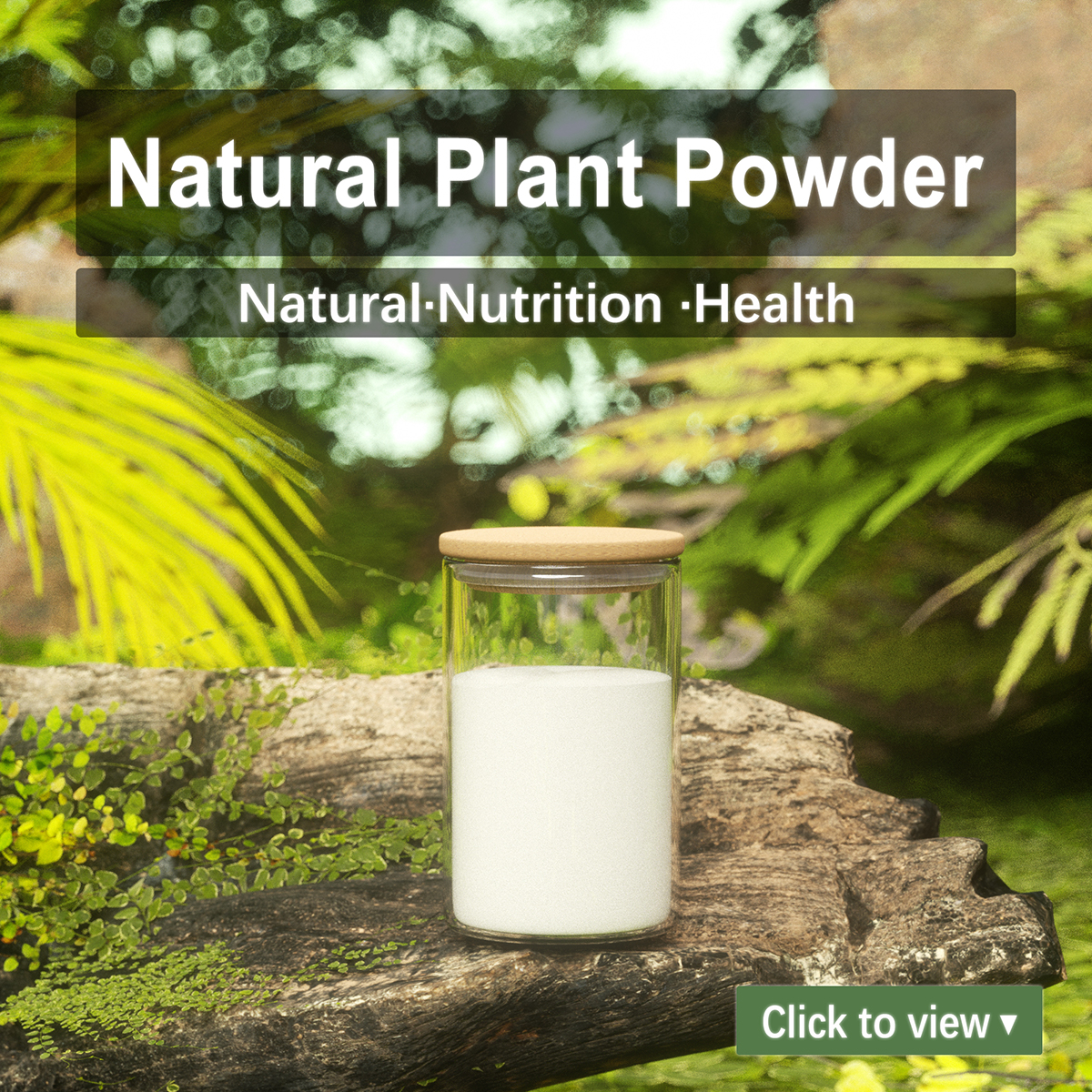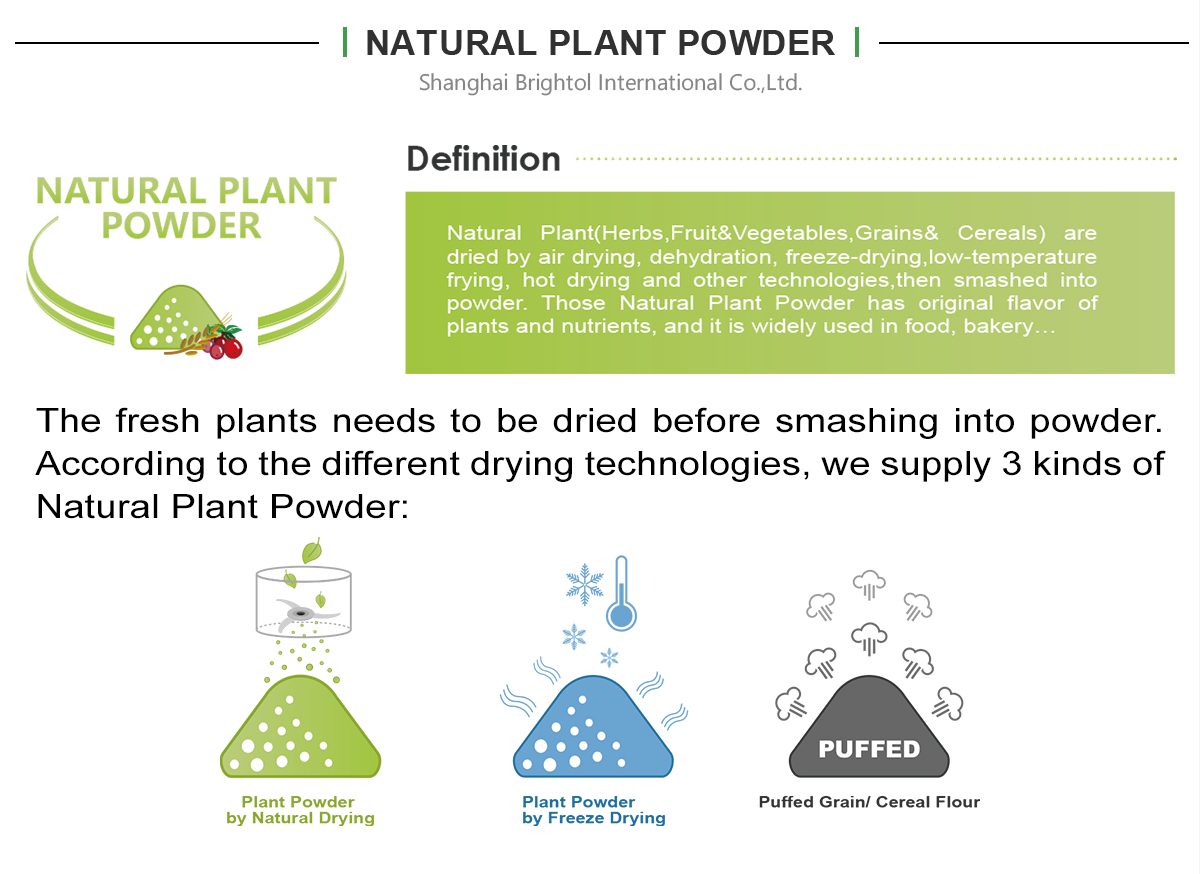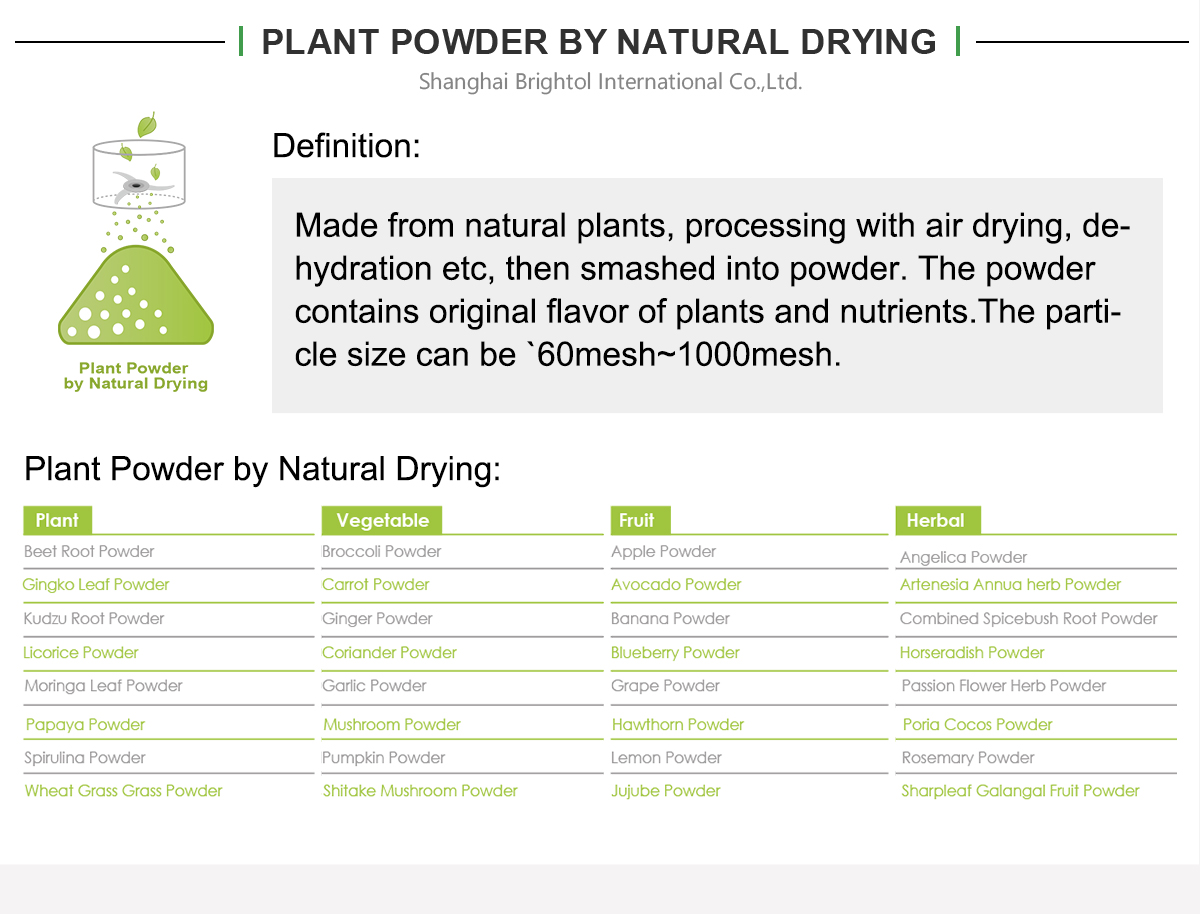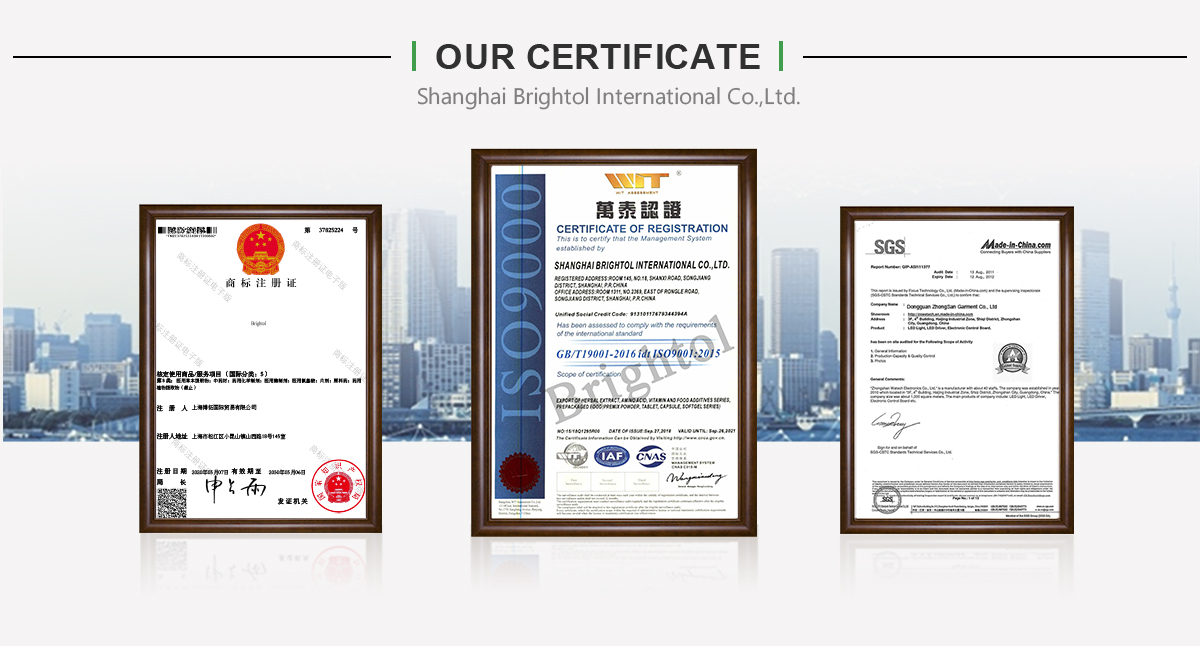

Description
Sesame seeds are derived from a flowering sesame plant in the genus Sesamum. Sesame seed pods burst open when they reach full maturity, revealing the seeds of the sesame seed plant, which hold its valuable oils. Sesame seeds contain up to 60 percent oil and 20 percent protein, making them a high source of both essential fatty acids and amino acids.
The seeds contain about 50 percent to 60 percent of a fatty oil that is characterized by two beneficial members of the lignan family: sesamin and sesamolin. Sesame oil also contains two other phenolic compounds, sesamol and sesaminol, which are formed during the refining process......

 Description
Description
Sesame seeds are derived from a flowering sesame plant in the genus Sesamum. Sesame seed pods burst open when they reach full maturity, revealing the seeds of the sesame seed plant, which hold its valuable oils. Sesame seeds contain up to 60 percent oil and 20 percent protein, making them a high source of both essential fatty acids and amino acids.
The seeds contain about 50 percent to 60 percent of a fatty oil that is characterized by two beneficial members of the lignan family: sesamin and sesamolin. Sesame oil also contains two other phenolic compounds, sesamol and sesaminol, which are formed during the refining process.
Oil derived from sesame is rich in linoleic and oleic acids, the majority of which are gamma-tocopherol and other isomers of vitamin E. Some of the specific amino acids found in each serving include lysine, tryptophan and methionine.









